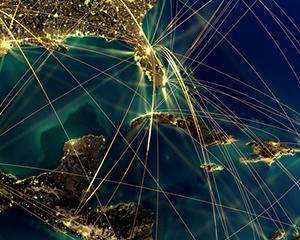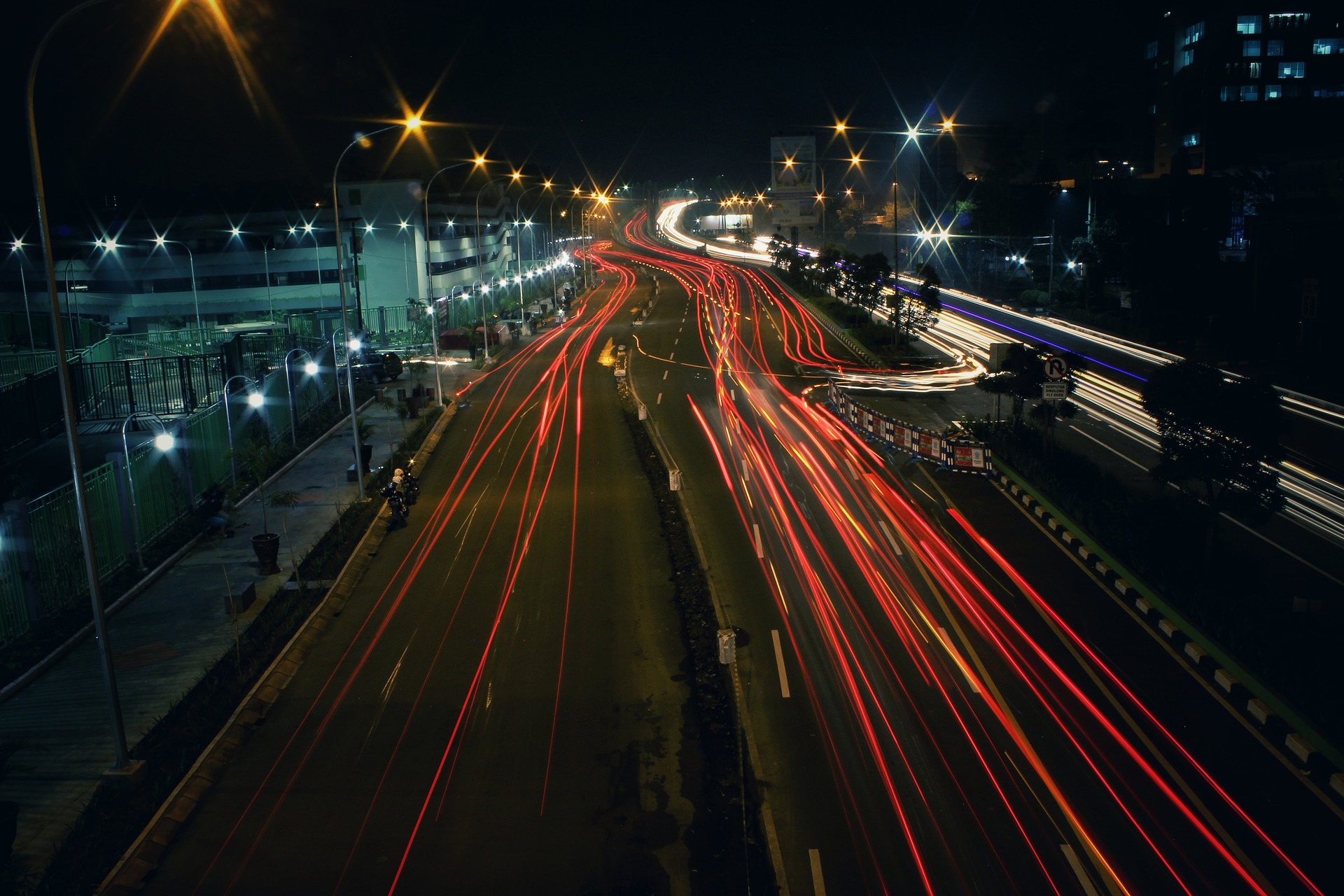Research groups
We are organised into seven centres of excellence. Staff work within and across these groups and across UCL and the wider research community, including active international collaborations.

Crime reduction policy and practice
Research undertaken by this group has been used in the UK and internationally to shape policies and guide on-the-ground practices designed to prevent or disrupt crime. Working closely with police forces, crime prevention practitioners and policy makers, the researchers have provided evidence, expertise and advice to support particular crime reduction initiatives and approaches to crime reduction more broadly

Cybercrime
This group aims to better understand the economic, social, and engineering aspects of cybercriminal operations. A complete view of cybercrime, and the elements that make it successful, is necessary for the development of better mitigation techniques to disrupt illicit operations, as well as for the design of secure systems

Design and technology solutions
The design and technology solutions group is concerned with the design and development of products, policies, systems and legislation which make crime, antisocial behaviour and terrorism less likely

Forensic sciences
The forensic sciences are a dynamic discipline that is increasingly providing solutions to many problems faced in the detection and countering of crime and terrorism. Inherently multidisciplinary, the forensic sciences relate to all stages of the forensic science process from the crime scene, to the analysis of evidence, the interpretation of those results and their presentation to a court

Geographical analysis
Our primary interest is to improve how geographical analysis is used to understand crime, disorder and anti-social behaviour. This includes development of geographical analysis techniques to better understand patterns of victimisation, offender mobility, recidivism and terrorism. Research also concerns the utility of mapping and spatial technologies for intelligence and crime reduction professionals

Human trafficking, smuggling and exploitation
This research group is focused on building a stronger, more nuanced evidence-base around human trafficking, smuggling and exploitation in their various forms (including but not limited to ‘modern slavery’). Rigorous, context-sensitive research is critical in challenging myths and misconceptions, advancing understanding, and informing more effective and ethical responses. This group’s research has been recognised as world-leading in its impact on policy, practice and public understanding.

Terrorism, serious and organised crimes
The purpose of this group is to investigate how the transfer of knowledge and methods from crime prevention, detection and disruption can inform counter-terrorism and serious and organised crimes research and practice
 Close
Close

